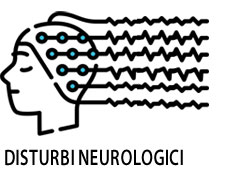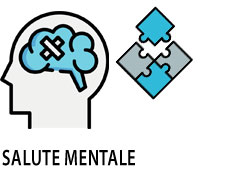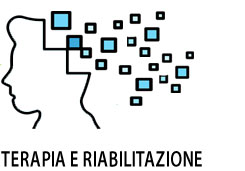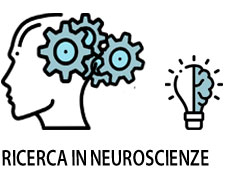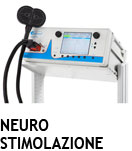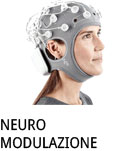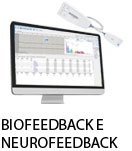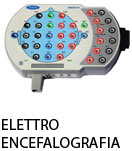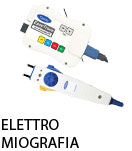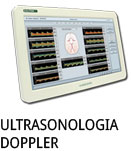- +39 011 5821948
- info@geasoluzioni.it
- Lun - Ven 8:00 - 17:30
Pubblicazioni
1 Hz rTMS of the right orbitofrontal cortex for major depression: Safety, tolerability and clinical outcomes
- Abstract:
- Conventional rTMS in major depressive disorder (MDD) targets the dorsolateral prefrontal cortex (DLPFC). However, many patients do not respond to DLPFC-rTMS. Recent evidence suggests that the right lateral orbitofrontal cortex (OFC) plays a key role in ‘non-reward’ functions and shows hyperconnectivity in MDD. OFC-rTMS has been used successfully in obsessive-compulsive disorder, and achieved remission in an MDD case nonresponsive to DLPFC- and DMPFC-rTMS. Here, we assess the safety and tolerability of right OFC-rTMS, and examine the effectiveness of inhibitory right OFC-rTMS in MDD, particularly among patients with previous nonresponse to DMPFC-rTMS. We performed a chart review to retrieve data on clinical characteristics, stimulation parameters, adverse events, and clinical symptom outcomes for a series of 42 patients with medication-resistant and/or DMPFC-rTMS-nonresponsive MDD, who underwent 20–30 sessions of 1 Hz right OFC-rTMS at a single Canadian clinic from 2015 to 2017. Over 882 sessions of treatment, there were no seizures, visual/ocular complications, or other serious or treatment-limiting adverse events. Pain ratings averaged 6–7/10 (10=maximum tolerable); no patient discontinued treatment prematurely due to pain. 15/42 patients (35.7%) achieved response (≥50% symptom reduction) and 10/42 (23.8%) achieved remission. Among the 30/42 patients who were previous nonresponders to DMPFC-rTMS, 9/30 (30.0%) achieved response and 7/30 (23.8%) achieved remission. Response distribution was sharply bimodal. 1 Hz right OFC-rTMS appears safe and tolerable, and may achieve remission in MDD patients even when conventional rTMS has failed. Sham-controlled follow-up studies may be warranted.
- Patologie/Applicazioni:
- Anno:
- 2017
- Tipo di pubblicazione:
- Articolo
- Parola chiave:
- stimolazione magnetica transcranica; depressione
- Testata scientifica:
- Journal of European Neuropsychopharmacology
- DOI:
- https://doi.org/10.1016/j.euroneuro.2017.11.011
La nostra storia
GEA soluzioni si affaccia nel 2013 al mercato della strumentazione medicale di alto livello tecnologico ma la sua storia parte da più lontano, clicca qui per approfondire.
GEA SOLUZIONI SRL
via Issiglio 95/10, Torino
Tel.: 011 5821948 / 011 4463853
Fax: 011 0433281
Email: info @ geasoluzioni.it
P. IVA IT11696920013
REA TO1233648

